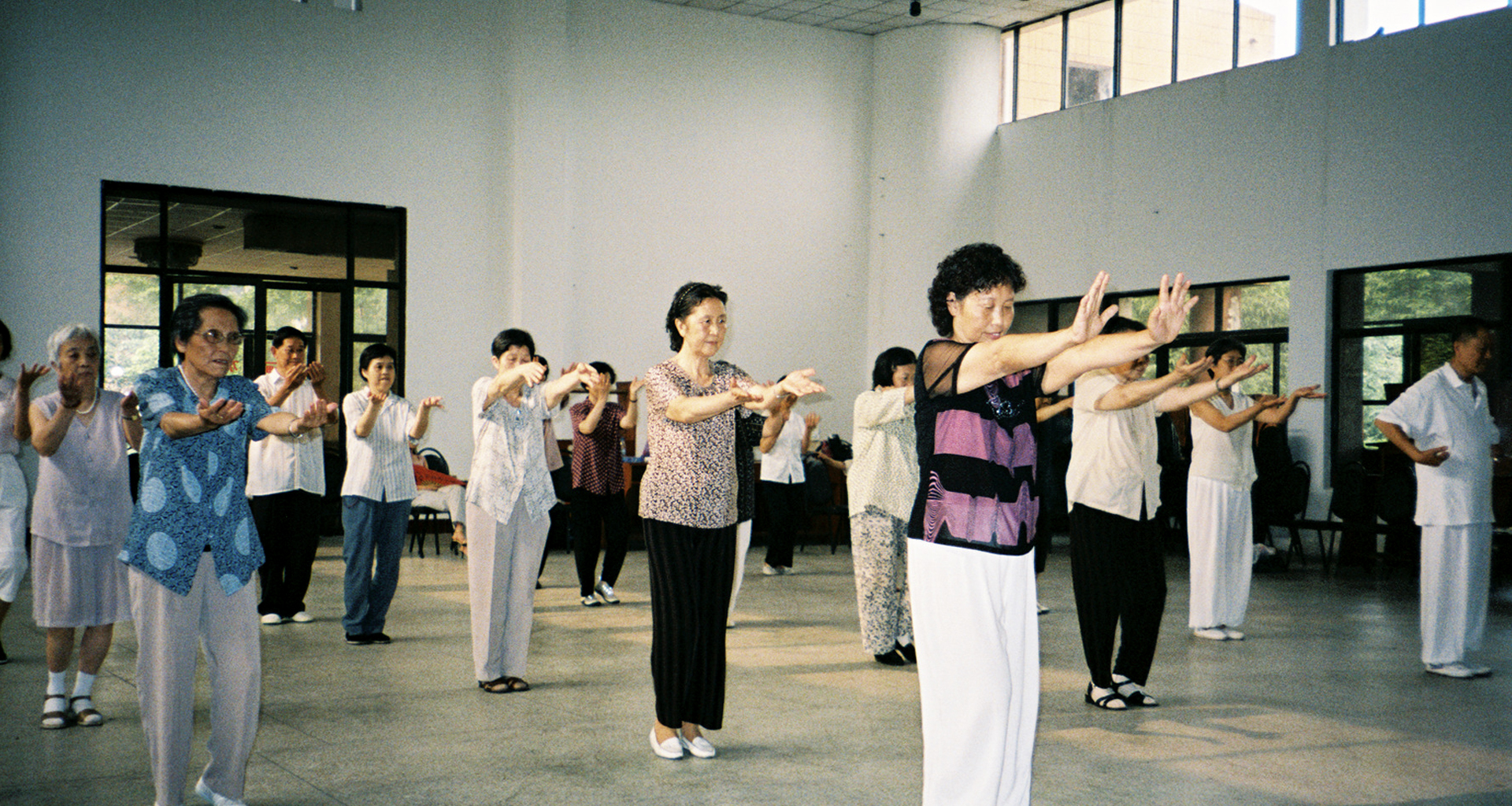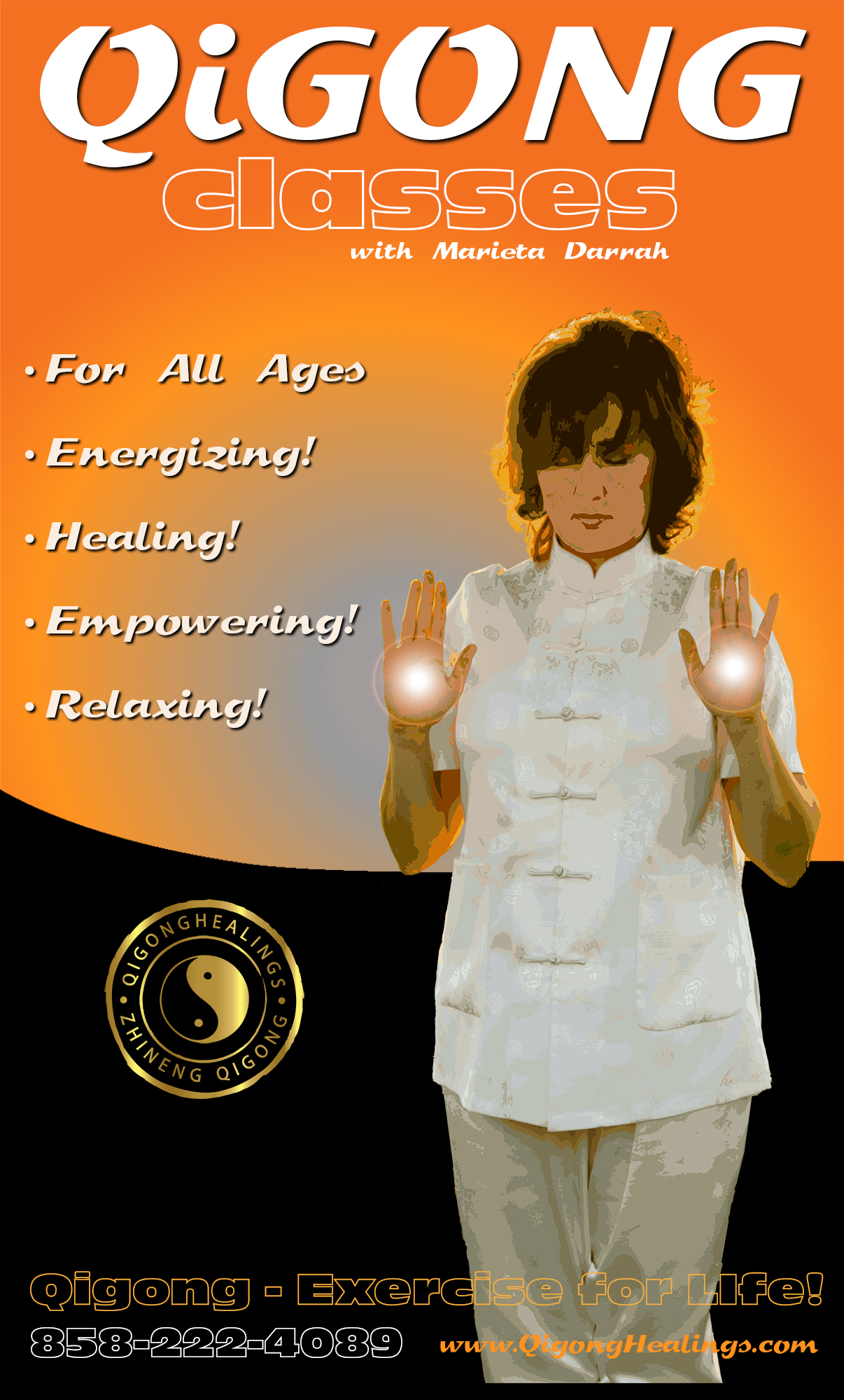Is Qigong a Safe Practice?
Qigong is generally considered a very safe practice with minimal risks when performed properly. Here are the key points about the safety of qigong:
• Overall safety profile: Qigong is widely regarded as a gentle, low-impact mind-body exercise that is safe for most people. It is often compared in safety to activities like going for a walk in the park.
• Contraindications: There is really only one main contraindication for qigong practice, which is if someone has a history of psychotic disorders. For most other people, qigong can be practiced safely.
• Precautions: While generally safe, it’s advisable to:
• Build your qigong practice slowly, starting with simple exercises.
• Never force your energy to flow in unnatural ways.
• Find a qualified teacher for proper guidance, especially for beginners.
• Avoid advanced practices without proper preparation and supervision.
• Potential benefits: When practiced safely, qigong may offer various health benefits like reducing stress, improving balance, and potentially helping with conditions like depression and anxiety.
• Medical considerations: As with any new exercise regimen, it’s wise to consult with a healthcare provider before starting qigong, especially if you have existing health conditions.




